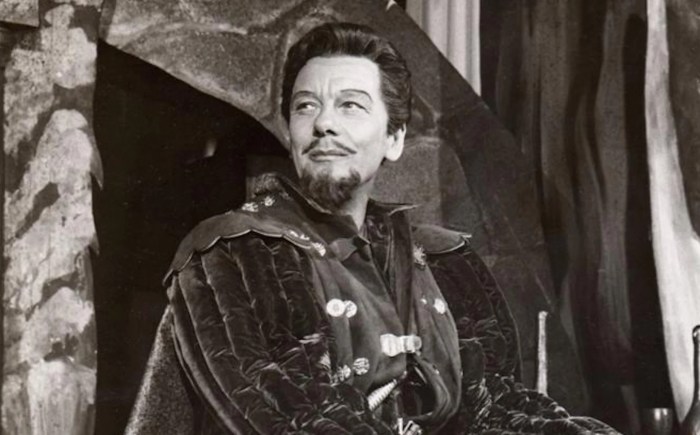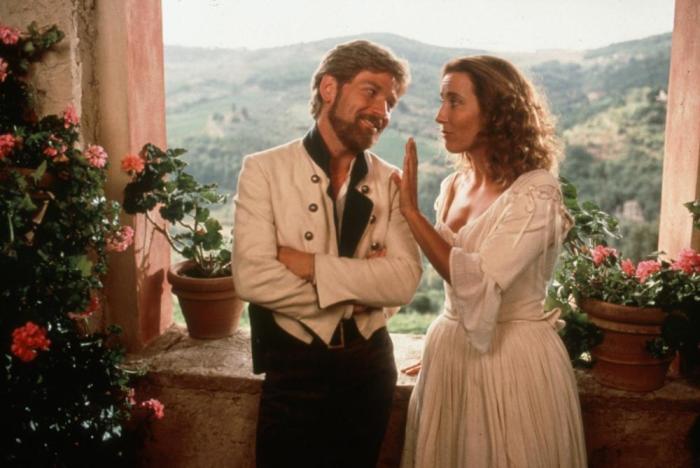Beatrice much ado about nothing monologue – Beatrice’s monologues in Shakespeare’s “Much Ado About Nothing” offer a captivating exploration of her complex character, revealing her sharp wit, intelligence, and inner turmoil. Through her incisive language and self-aware reflections, Beatrice emerges as a dynamic and multifaceted figure, challenging societal norms and conventions.
Beatrice’s monologues provide a window into her thoughts and emotions, showcasing her wit and resilience. Her ability to articulate her opinions and challenge others, particularly Benedick, demonstrates her intelligence and independence. Through her monologues, Beatrice grapples with issues of love, marriage, and the expectations placed on women in her society.
Beatrice’s Character Analysis

Beatrice is a witty, intelligent, and independent woman who defies the societal norms of her time. She is quick-tongued and sharp-witted, often using her wit to deflect unwanted attention or to challenge the status quo. Beatrice’s wit and intelligence are essential to her characterization, as they allow her to express herself freely and to challenge the expectations of others.
Beatrice’s Relationships with Other Characters
Beatrice has complex relationships with the other characters in the play. She is constantly at odds with Benedick, but their banter is often laced with affection. Beatrice also has a close relationship with her cousin, Hero, and she is fiercely protective of her.
Beatrice’s Gender and Social Status
Beatrice’s gender and social status shape her experiences and interactions in the play. As a woman, she is expected to be subservient to men, but she refuses to conform to this expectation. Beatrice’s high social status gives her a certain degree of freedom, but it also makes her a target for gossip and criticism.
Monologue Analysis
Beatrice has several notable monologues in “Much Ado About Nothing.” One of her most famous monologues is her “Sigh no more, ladies” speech, in which she expresses her disdain for marriage. In this monologue, Beatrice uses wit and sarcasm to argue that marriage is a trap for women.
Themes, Language, and Structure of Beatrice’s Monologues
Beatrice’s monologues are often characterized by their wit, intelligence, and emotional depth. She uses language to express her thoughts and feelings in a way that is both clever and moving. The structure of her monologues is often complex, with Beatrice using rhetorical devices such as antithesis and parallelism to create a sense of rhythm and flow.
Beatrice’s Inner Thoughts and Feelings
Beatrice’s monologues reveal her inner thoughts and feelings about love, marriage, and society. In her “Sigh no more, ladies” speech, Beatrice expresses her belief that marriage is a trap for women. However, in her other monologues, she also reveals her more vulnerable side, expressing her desire for love and companionship.
Beatrice’s Role in the Play

Beatrice plays a pivotal role in “Much Ado About Nothing.” She is the catalyst for change, and her wit and intelligence help to resolve the play’s central conflict. Beatrice’s character is also important because she challenges the societal norms of her time.
She is a strong and independent woman who refuses to conform to the expectations of others.
Beatrice as a Catalyst for Change
Beatrice is the catalyst for change in “Much Ado About Nothing.” She is the one who exposes Claudio’s true nature and who helps to bring about his downfall. Beatrice also plays a key role in the resolution of the play’s central conflict, the love story between Hero and Claudio.
Beatrice’s Impact on the Other Characters, Beatrice much ado about nothing monologue
Beatrice has a significant impact on the other characters in the play. She challenges Benedick’s cynicism and helps him to see the true nature of love. Beatrice also helps Hero to overcome her heartbreak and to find true love with Claudio.
Cultural and Historical Context

“Much Ado About Nothing” was written during the Elizabethan era, a time of great social and political change. The play reflects the changing attitudes towards women and marriage during this period. Beatrice’s character is a product of her time, and she embodies the spirit of the independent and assertive women of the Elizabethan era.
Beatrice’s Character and Societal Norms
Beatrice’s character challenges the societal norms of her time. She is a strong and independent woman who refuses to conform to the expectations of others. Beatrice’s wit and intelligence allow her to express herself freely and to challenge the status quo.
The Play’s Exploration of Gender Roles, Social Class, and Marriage
“Much Ado About Nothing” explores a number of important themes, including gender roles, social class, and marriage. The play challenges the traditional views of these issues and offers a more nuanced and realistic perspective.
Critical Reception and Legacy: Beatrice Much Ado About Nothing Monologue

Beatrice has been praised by critics for her wit, intelligence, and independence. She is one of Shakespeare’s most popular and enduring characters, and she has been played by some of the greatest actresses in history. Beatrice’s character has also been reimagined in a number of different adaptations of the play, including films, television shows, and operas.
Beatrice’s Enduring Popularity and Contemporary Relevance
Beatrice’s character remains popular today because she is a strong and independent woman who defies the societal norms of her time. She is a role model for women who are fighting for equality and justice. Beatrice’s wit and intelligence also make her a delightful character to watch and read about.
Frequently Asked Questions
What is the significance of Beatrice’s monologues in “Much Ado About Nothing”?
Beatrice’s monologues reveal her sharp wit, intelligence, and inner turmoil, providing insights into her character and the societal norms she challenges.
How does Beatrice’s wit contribute to her characterization?
Beatrice’s wit is a defining characteristic, showcasing her intelligence and independence. It allows her to articulate her opinions, challenge others, and navigate social situations with a unique perspective.
What themes are explored through Beatrice’s monologues?
Beatrice’s monologues explore themes of love, marriage, gender roles, and the expectations placed on women in her society.